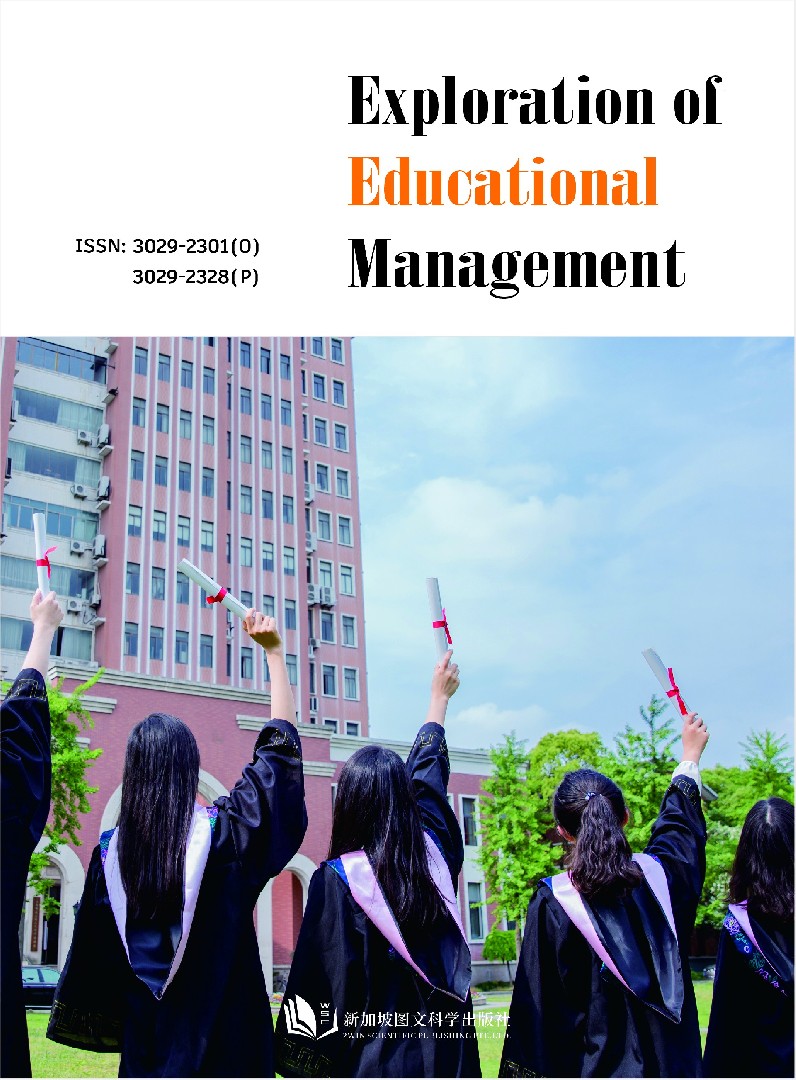作者
Wei Yue
文章摘要
Abstract: Based on the theory of English for Specific Purpose(hereafter ESP)and intercultural communication theory,this study explores how to cultivate intercultural business communicative competence in business English course for non-business English majors.A cultivation strategy framework of"language+business+major"is proposed so as to better reflect the humanistic and instrumental nature of business English courses in the college English curriculum system.
文章关键词
Keywords: business English; intercultural communicative competence; cultivation strategy
参考文献
[1] Ellis,M.,&Johnson,C.(1994).Teaching business English.Oxford University Press.
[2] Hall,E.T.(Edward T.(1989).Beyond culture(Anchor Books ed.).Anchor Books.
[3] Spitzberg,B.H.,&Cupach,W.R.(1984).Interpersonal communication competence.Beverly Hills,CA:Sage.
[4] Kim,Y.Y.(2001).Becoming intercultural:an integrative theory of communication and cross-cultural adaptation(1sted.).Sage Publications.
[5] Gao,Haiyan.(2013).On the cultivation of cross-culture communication competence of second language learners.Theory and Practice in Language Studies,3(8),1429-1433.
[6] Patel,M.,Solly,M.,&Copeland,S.(2023).In B.O’Sullivan,&Y.Jin(Eds.),The Future of English:Global Perspectives. London:British Council.
[7] Yan,Ming.(2009).Construction of the Intercultural Business Communicative Competence System.Heilongjiang Social Sciences,(06):130-133.
[8] Shi,Xingsong.(2015).Intercultural Business Communication:Theory,Method and Application.Shandong Foreign Language Teaching,36(06):21-27.
[9] Liu,Chaojian.(2018).Research on the Framework and Cultivation Approach of Intercultural Communicative Competence for Business English Majors.Foreign Language World,(03):10-17.
[10] Wang,Xiaoyu&Pan,Yaling.(2019).The development and enlightenment of intercultural foreign language teaching research in China—Based on bibliometric analysis(2000-2018).Foreign Language World,(04),76-84.
[11] Shi,Xingsong.,&Xu,Jun.(2012).The implications of intercultural business communication studies on the teaching and research of business English.Foreign Languages in China,9(4),65-70.
[12] Gao,Yongchen.(2014).Development of the theoretical framework of the intercultural communicative competence assessment system for Chinese college students.Foreign Language World,(04),80-88.[13] Lichterfeld,Katrin(2024).A practitioner's commentary on C.Chan(2019):Long-term workplace communication needs of business professionals.English for Specific Purposes,74,1-8.
[14] Nickerson,C.,&Planken,B.C.(2016).Introducing business English.Routledge.
[15] Xu,Lisheng.(2000).Discussion on the Problems of Intercultural Communicative Competence.Foreign Languages and Their Teaching,(07):17-21.
[16] Kadam,R.,Rao,S.,Kareem Abdul,W.,&Jabeen,S.S.(2020).A Comprehensive Examination of Antecedents of Cultural Intelligence amongst Students:Testing the Moderation Effect of Third Culture Kids.International Journal of Educational Management,34(2),245-262.
[17] Gimenez,J.(2014).Multi-communication and the business English class:Research meets pedagogy.English for Specific Purposes,35,1-16.
[18] Bin-Hady,W.R.A.,Al-Kadi,A.,Hazaea,A.,&Ali,J.K.M.(2023).Exploring the dimensions of ChatGPT in English language learning:a global perspective.Library Hi Tech.
[19] Barrot,J.S.(2023).ChatGPT as a language learning tool:An emerging technology report.Technology,Knowledge and Learning.
[20] Chan,C.S.C.(2024).Strengthening the interface between research and pedagogy in business English and beyond.English for Specific Purposes,74,23-28.
Full Text:
DOI
